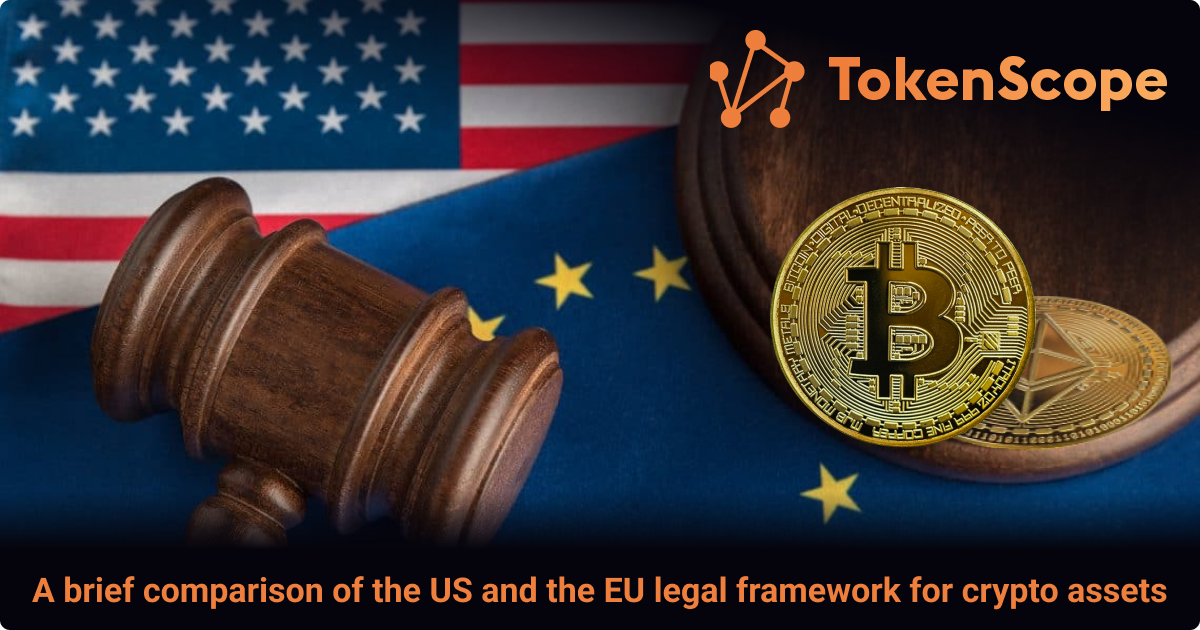Crypto regulation in the world: weekly digest #61

International scope
The International Monetary Fund (IMF) and the Financial Stability Board (FSB) have published a joint synthesis paper titled «Policies for Crypto-Assets» at the request of the Indian G20 presidency. The paper aims to provide guidance and help various jurisdictions address risks associated with crypto asset activities by combining the standards and consolidating collective recommendations. The policy paper includes recommendations for regulating activities related to stablecoins and decentralized finance (DeFi). However, it does not set or establish new policies, recommendations, or expectations for relevant authorities.
The report emphasizes that a comprehensive policy and regulatory response for crypto-assets is necessary to address the risks of crypto-assets to macroeconomic and financial stability. It also encourages the implementation of the Financial Action Task Force’s anti-money laundering and counter-terrorist financing standards to address risks to financial integrity and mitigate criminal and terrorist misuse of the crypto-assets sector.
The paper sets out a roadmap, developed together with relevant international organizations and standard-setting bodies, to address data gaps and collect "test data" on crypto-assets. It also reaffirms the IMF's stance against a blanket ban on crypto, stating that banning crypto may not be effective in the long run. Instead, the report suggests that jurisdictions should strengthen monetary policy frameworks, guard against excessive capital flow volatility, and adopt unambiguous tax treatment of crypto.
Previously, both the IMF and the FSB have already published their positions on the risks of cryptocurrencies and how to mitigate them.
USA
Cathie Wood's ARK Invest and 21Shares have filed for the first spot Ether ETF, which aims to directly hold Ether as its underlying asset. The filing was submitted to the U.S. Securities and Exchange Commission (SEC) on September 6, 2023. If approved, this would be the first fund of its kind in the United States. The SEC is expected to make a decision on the application by May 23, 2024. This filing comes ahead of the anticipated SEC approval of the first futures-based Ether ETF, with a decision expected on or before mid-October 2023. The approval of a spot Ether ETF would be a significant milestone for the cryptocurrency market and could potentially boost Ether's price.
An Ethereum spot ETF differs from other types of ETFs in that it directly holds Ether as its underlying asset, whereas other ETFs may hold stocks, bonds, commodities, or other assets. A spot ETF invests in the asset at its current market price, providing direct exposure to the asset and its price movements.
In contrast, a futures-based ETF, such as a Bitcoin futures ETF, does not hold the actual asset but instead holds futures contracts that track the asset's price. Futures contracts are agreements to buy or sell an asset at a specified price and date in the future. Futures-based ETFs may not track the spot price of the asset as accurately due to factors like roll premiums and management fees.
It seems that applications for approval of a spot ETH-ETF have become possible following the decision in Grayscale vs Ripple lawsuit where the court ruled that the SEC's decision to refuse the conversion of Grayscale Bitcoin Trust into BTC-ETF was «arbitrary and capricious».
Uzbekistan
In the recent week, the President of Uzbekistan has approved a series of legislative amendments that mark a new chapter in the country's approach to cryptocurrencies. The reforms introduce comprehensive cryptocurrency licensing, covering activities such as cryptocurrency exchanges, mining pools, storage services, and mining activities.
Licensed entities are now required to pay taxes, marking the recognition of cryptocurrencies as legitimate assets and aligning with global trends. This move positions Uzbekistan as a regulated hub for crypto entrepreneurs and investors, fostering trust and transparency in the industry.
The Uzbekistan’s crypto regulation has been fully updated in the last year and this amendments demonstrate the country’s efforts to make it more comprehensive and compliant with modern international standards.
Turkey
Faruk Fatih Özer, the founder and CEO of the now-defunct Turkish crypto exchange Thodex, was sentenced to 11,196 years in prison by a Turkish court for crimes including fraud, leading a criminal organization, and money laundering. His two siblings, Serap Özer and Güven Özer, received similar-length jail terms. The total amount of losses investors suffered when Thodex collapsed remains unclear, with estimates ranging from 356 million liras ($13 million) to higher figures.
Thodex was one of Turkey's largest crypto exchanges before it suddenly went offline in April 2021, leaving over 400,000 members without access to deposits of $2 billion in cryptocurrencies. Faruk Fatih Özer initially fled to Albania but was arrested in August 2022 after an Interpol red notice was issued against him.
News from other countries:
-
In Worldcoin’s Paris office French privacy watchdog CNIL carried out «checks» as part of its investigation into the company privacy practices.
-
In Russia the creation of crypto regulation is on the hold according to the Chairman of the State Duma Committee on Financial Market Anatoly Aksakov.




